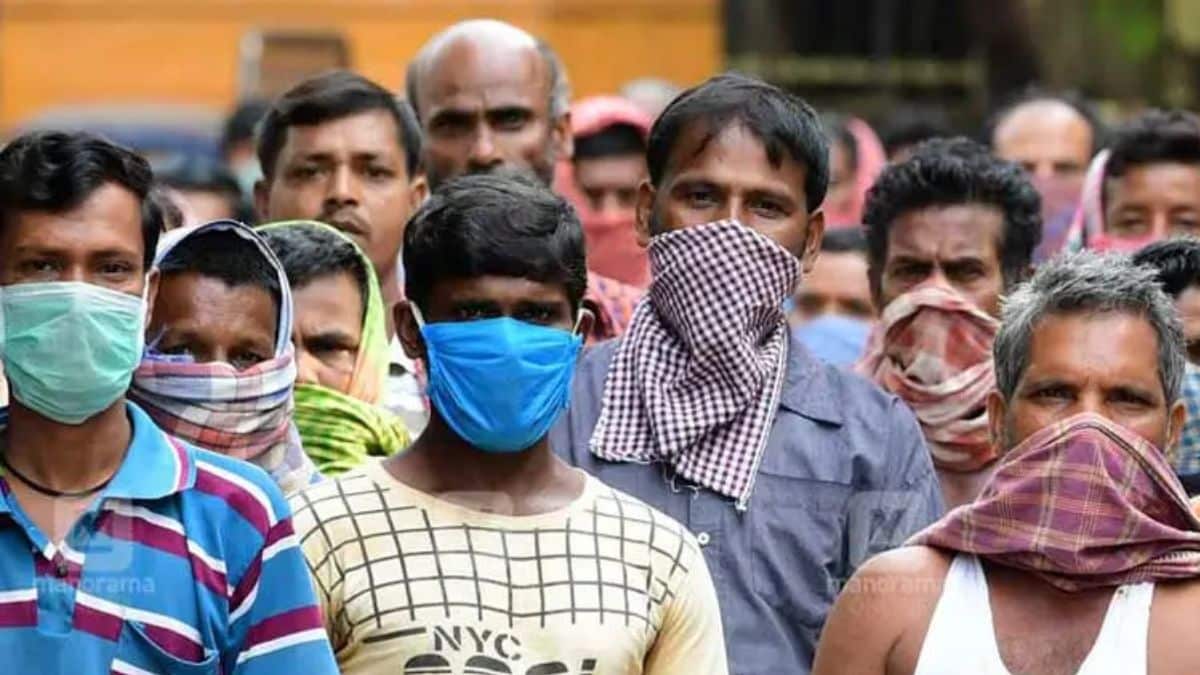A regional workshop focused on enhancing support for migrants and displaced persons commenced today in Doha, bringing together key stakeholders from across the region to address the complex challenges faced by these vulnerable populations. Organized by the Qatar Red Crescent Society (QRCS) in collaboration with the International Organization for Migration (IOM) and the United Nations High Commissioner for Refugees (UNHCR), the workshop aims to promote cooperative solutions and raise the efficacy of programs addressing issues related to migration and displacement.
The workshop, held at the Doha, has attracted participants from various sectors, including government agencies, international organizations, non-governmental organizations (NGOs), and academic institutions. The gathering is set to provide a platform for sharing best practices, discussing policy challenges, and formulating strategies to better support migrants and displaced persons in the region.
The workshop also aims to strengthen regional cooperation by building networks and partnerships among stakeholders. By fostering dialogue and collaboration, the organizers hope to create a more coordinated and efficient response to migration and displacement challenges, ultimately contributing to better outcomes for affected individuals.
A highlight of the workshop is the presentation of a new regional report on the impact of migration and displacement on local communities. The report, compiled by QRCS, provides detailed analysis and recommendations based on recent field research and data. The findings are expected to inform policy discussions and offer practical insights for improving support mechanisms for migrants and displaced persons.
The outcomes of the workshop will be documented and shared with participating organizations and stakeholders, with the aim of informing future policy and programmatic efforts. The insights gained from the discussions are expected to guide the development of more effective strategies for supporting migrants and displaced persons across the region.

